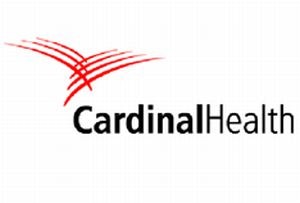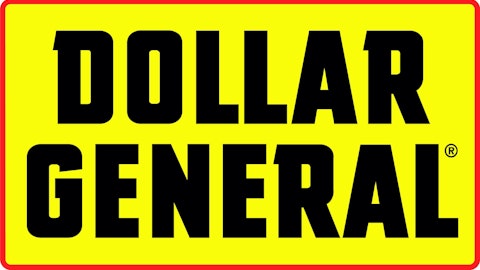Cardinal Health, Inc. (NYSE:CAH) is buying privately held AssuraMed, a supplier of products for home use to treat diabetes, wounds, and incontinence, among other things. This is a great fit for a company that has been facing an increasingly difficult business environment. In fact, it could position the company well for the upcoming wave of ailing baby boomers.
Cardinal
Cardinal Health, Inc. (NYSE:CAH) provides pharmaceuticals and medical products to more than 60,000 pharmacies, hospitals, ambulatory surgery centers, and physician offices. It manufactures medical and surgical products, including gloves, surgical apparel, and fluid management products. The company also supplies medical products to clinical laboratories and operates a network of radiopharmacies.

The Competitive Market
The impact of either company failing to renew its contracts would be large. As an example, Express Scripts (NASDAQ:ESRX) was Cardinal’s third-largest customer in fiscal 2012. When that company merged with Medco Health Solutions to form Express Scripts Holding Company there was an instant question about Cardinal’s contract, because Medco had a supply relationship with a competitor. When the contract was put out for bidding, it wasn’t awarded to Cardinal. That contract expired in September of last year, and accounted for around $9 billion in revenue. That’s a big hit. Losing either CVS or Walgreen, or both, would be an even bigger hit.
The contract for Express Scripts went to Cardinal competitor AmerisourceBergen (NYSE:ABC). While Cardinal lost $9 billion in revenues, AmerisourceBergen effectively doubled the size of its contract with the company. That was a big win for Cardinal’s competitor, though the business depressed margins because of the nature of the products being distributed. Still an additional $9 billion in revenue goes a long way.
AmerisourceBergen is more focused on drugs than either Cardinal or McKesson, the main players in the drug distribution space. After Express Scripts, which is a material customer for AmerisourceBergen, its next largest account was only responsible for 6% of the company’s top line in 2012. The top 10 customers accounted for just 41% of 2012 revenues. That’s a lot more diversification than Cardinal.
The Future
Cardinal has demographics on its side, however. A study recently published in JAMA Internal Medicine comparing the health of the baby boomers to the health of their parents clearly demonstrates the possibilities. Basically, baby boomers are sicker then their parents were at this point in their lives. They have more chronic illness and disability, and are more likely to be on medications to treat those illnesses than their parents. Moreover, boomers tend to have sedentary lifestyles and are more often overweight (which can quickly lead to diabetes) than their parents. In addition to being overweight, high blood pressure and high cholesterol are two frequent problems.
Thus, the baby boomers, who are entering retirement, are likely to need more medical care than their parents. As it stands, this demographic is getting closer and closer to its peak medical care needs. Add in the shear size of the boomers and demand for medical care is likely to expand materially. That’s a big opportunity.
A Well Positioned Merger
Cardinal’s proposed deal to buy AssuraMed is a good move. For starters, the company’s $1 billion in revenues will help support Cardinal’s already stressed top line. However, that isn’t the real benefit of the deal.
CEO George Barrett summed up to potential of the deal: “The acquisition of this industry leader allows us to serve the growing number of Americans treated in home settings — particularly those patients recovering from acute episodes and those suffering with chronic diseases. This is a platform opportunity for Cardinal Health products and services which will be increasingly important as the delivery of care migrates to more cost-effective settings.”
Essentially, the baby boomers are far more likely than their parents to be impacted by the types of illnesses that can be treated in a patient’s home. Adding AssuraMed gives Cardinal a solid position to service these needs. And it should be a large need, based on the increased incidence of illness in the baby boomers and their shear numbers.
The Market Liked it
Normally in a merger, the acquiring company’s shares go down. That didn’t happen. Cardinal’s shares moved up. Clearly the market likes the potential of this transaction. And it should. This could be the basis of an important diversification effort for Cardinal.
The article Bulking Up In The Right Places originally appeared on Fool.com.
Copyright © 1995 – 2013 The Motley Fool, LLC. All rights reserved. The Motley Fool has a disclosure policy.





